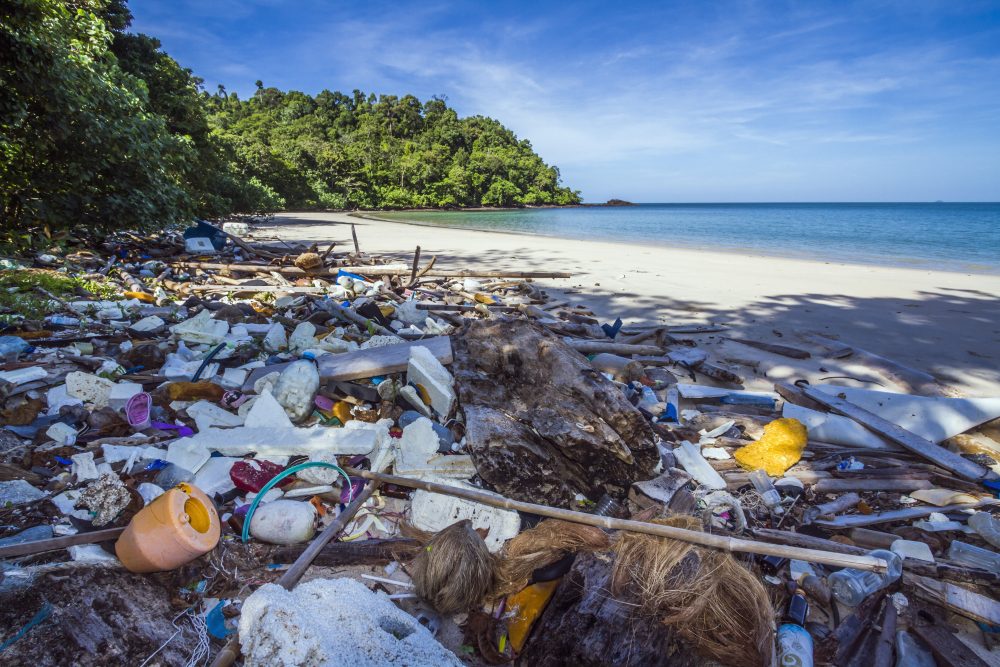The 42nd Annual Synod of the Uniting Church Western Australia, held over the weekend, called on the State Government to take action on the purchase and disposal of single-use plastics.
The Uniting Church has a long standing commitment to social, environmental and intergenerational justice. Recognising the impact of plastics on the environment, particularly in marine ecosystems, the Synod affirmed the 2018 decision of the WA State Government to ban the provision of single-use plastic bags, and called for further action.
This included calling on the State Government to commit to:
- phasing out use of all non-essential single-use plastics, including products like balloons, glitter, disposable take-away cups and straws;
- phasing out the procurement of products containing synthetic fibres (except where suitable and safe alternatives composed of natural fibres cannot be obtained);
- investing in the promotion and expansion of the local plastic recycling industry.
The Synod has also decided to reflect on its own plastic use as a matter of integrity, committing to phasing out the use of non-essential single-use plastics across all operations of the Synod by July 2019.
The impact of plastics on the environment, particularly the marine ecosystems, is widely recognised to be highly significant. The 2014 CSIRO Marine Debris Report found that approximately three-quarters of the rubbish along the Australian coastline was plastic. The density of plastic in oceans ranges from a few thousand pieces of plastic per square kilometre to more than 40 000 pieces of plastic per square kilometre.
Rev Steve Francis, Moderator of the Uniting Church WA said, “The impacts of plastic pollution on our marine environment is reaching alarming proportions. Western Australians have adapted well to living without single-use plastic bags, but we need to keep moving. We cannot keep expecting the marine animals of the planet to be our filter system without drastic consequences for ecosystems and human health.
“The call of God in our lives includes the care of God’s good creation. If items are just used for their disposable convenience and can be reasonably avoided or substituted with re-useable options, such a change is not beyond our capacity as a society. We believe we must take these steps to reduce plastic pollution for the sake of the planet and all its people.”
